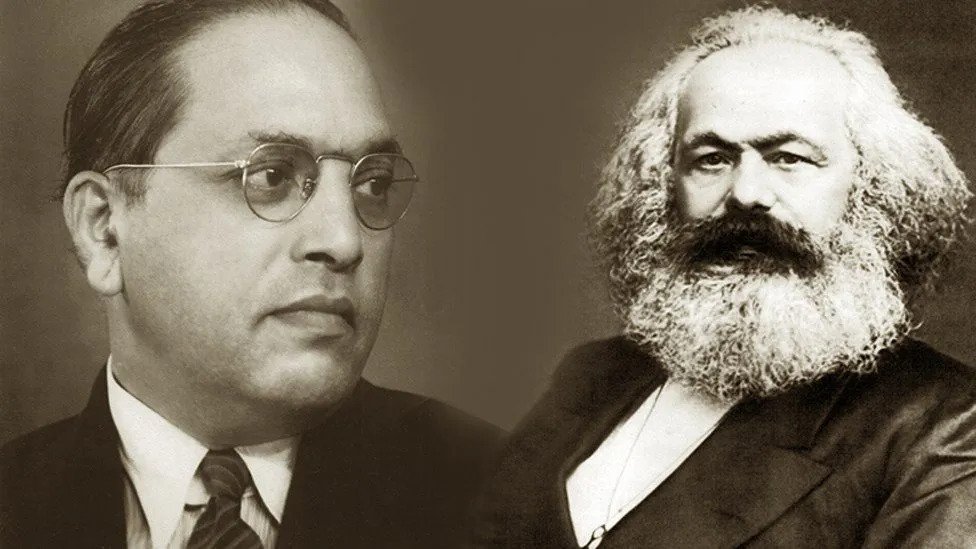By: Priyanka Saurabh
The conscience represents the truth by nature and therefore in itself shows the right direction. The conscience is our natural and healthy state, but we often ignore it because of the influence of various thoughts, feelings, and senses in our minds. When we calm our minds and increase our awareness, we connect with our inner self and hear its voice. Therefore, the inner voice never shows the wrong direction. It always tries to take us in the right direction and continuously inspires us for our progress and happiness. However, being controlled by our mind, we fail to listen to our inner voice and get separated from it.
A moral compass is a term used to describe our internal sense of right and wrong, providing a framework to guide our actions. Conscience, on the other hand, refers to the inner moral feeling that regulates our behaviour. It corresponds to an inner voice that judges our actions and serves as the source of moral decision-making for many people.
Conscience can be defined as something within each of us that tells us what is right and wrong. When making decisions, one can rely on their discretion, guided by their understanding of right and wrong. Traditional ethical decision-making methods, such as the principle of the right, oblige us to respect the rights of others and fulfill our obligations to them. Another approach is to evaluate the potential benefits and harms of alternative courses of action on stakeholders affected by our choices and select the one that maximizes net benefit.
Our conscience acts as our inner guide, helping us make good choices. As we grow up, we learn to distinguish between right and wrong. It manifests as our thoughts and feelings, indicating whether an action or statement aligns with our sense of right or wrong. Thus, the voice of conscience constantly guides us in making ethical decisions. To listen to our conscience, we can pause and reflect on the dimensions of an issue. Ethical dilemmas are inherent in decision-making, and the voice of reason can serve as a guide when we face conflicting sets of principles in challenging or perplexing situations. For instance, helping an accident victim on the way to an interview requires analyzing the situation from different perspectives to make the right decision.
The voice of conscience also helps us avoid conflicts of interest and facilitates better decision-making. It assists in deciding between personal gain and the welfare of the public. Conscience represents our ability to make practical decisions based on moral values and principles. It is the moral compass of our consciousness, guiding both our awareness of right and wrong and our actions. Expressions such as ‘gut feeling’ and ‘guilt’ are often associated with conscience. The voice of conscience may suggest different principles and practices in varying circumstances, but it should not be misjudged based on universal values alone.
Acting solely out of self-interest, at best, keeps us stagnant and can lead us astray if our actions harm others. By living a life of integrity, we avoid heading in that direction. It is crucial to understand and appreciate why we must consider the needs of others before we act. Returning to the Golden Rule – treating others as we would like to be treated – serves as a fundamental principle. None of us desire disrespect, so we should extend respect to others.
Conscience represents truth by nature, revealing the right direction. It reflects our natural and healthy state, but often, we disregard it due to the influence of various thoughts, feelings, and senses in our minds. By calming our minds and increasing our awareness, we reconnect with our inner selves and hear its voice. Therefore, our inner voice never leads us astray. It consistently guides us in the right direction, inspiring progress and happiness. However, being controlled by our minds, we often fail to listen to our inner voice and become disconnected from it. (The author is a Research Scholar in Political Science, poetess, independent journalist and columnist. She can be reached at priyankasaurabh9416@gmail.com)






